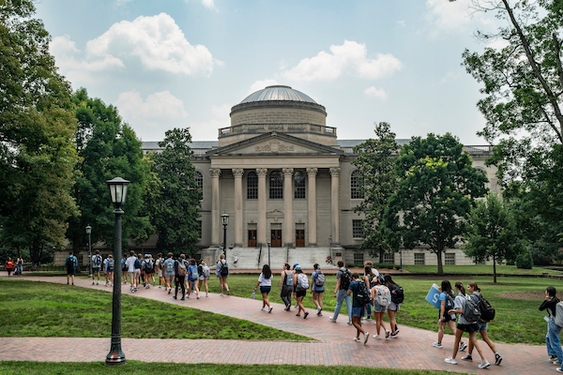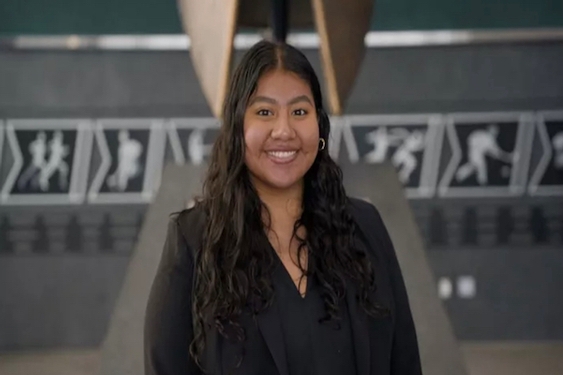If you’ve ever studied abroad or considered studying abroad, you know there are several questions that come up. Maybe you start off wondering where and when you should go (Paris in the spring or Melbourne in the fall?) and how you’re going to make a summer in Prague fit into your Economics major. But eventually hard and fast logistics start to get in the way: How will you pay for your trip? Are you going to need a scholarship? A loan? A promissory note between you and your parents? And once you finally get to Denmark or China, how will you transfer your units over? Where will you live? Who will you call if you need help?
Studying abroad can be stressful – luckily, the University Study Abroad Consortium knows that and is here to help offer affordable plans and individualized attention. USAC’s greatest strength is that it is a non-profit organization. This helps keep fees lower and more affordable than other study abroad programs.
The cost of tuition for Rebecca Whistler’s five-week session in Costa Rica was $5,800. As Whistler, a USAC intern, puts it, “Everything you pay to USAC goes toward your study abroad.”
There are also a number of scholarships and work-study programs available to help finance your study abroad education. The Lüneburg Work-Study Grant is offered to students who study in Germany – recipients work at the USAC office in Lüneburg. The Félix Menchacatorre Memorial Scholarship is one of two Basque country scholarships awarded to students who attend a session in San Sebastián or Bilbao. Last year, USAC gave away over $200,000 in award money.
For 25 years, USAC has been sending students abroad for winter (three weeks), summer (three-10 weeks), semester and yearlong programs. They have 39 different programs in 24 countries (everything from Ghana and Malta to France), as well as a number of internships and work-study programs. USAC has offices across the globe, including resident directors who mentor students during their stay.
“Each of our resident directors is handpicked by Carmello, the head and founder of USAC. A lot of students describe the resident directors as their parents while they’re away,” says Whistler, who also participated in the USAC summer program to Costa Rica.
During her stay in Costa Rica, known as the “Switzerland of South America,” Whistler says she attended several field trips, including a trip to an animal research institute where she was able to hold crocodiles and eat termites. There was also a weeklong trip to a nature reserve accessible only by boat.
USAC programs are geared toward allowing students to learn as well as take in the sights of their country. Though fitting in a lot of units into a short session, especially a three-week winter session or a five-week summer session, can be a lot of work, students still have time to enjoy themselves.
“They do realize you’re there for the cultural experience, not just to sit in a classroom all day,” says Whistler.
Field trips are integrated into the class curriculum.
According to Whistler, one of the best parts of studying abroad with USAC was the time she spent getting to know her host family and becoming immersed in the culture.
“The host family was definitely the best cultural experience. They took me to their family reunion. My host mom taught me how to cook Costa Rican food,” says Whistler. “Go study abroad,” says Whistler. “I think it’s one of the most valuable things I’ve done for myself in my college career.”
News: College Central
University Studies Abroad Consortium: Your Gateway to the World
By Arit John

See the world with USAC.
For more information, visit usac.unr.edu.
Article posted on 9/7/2010
This article has been viewed 3753 times.











